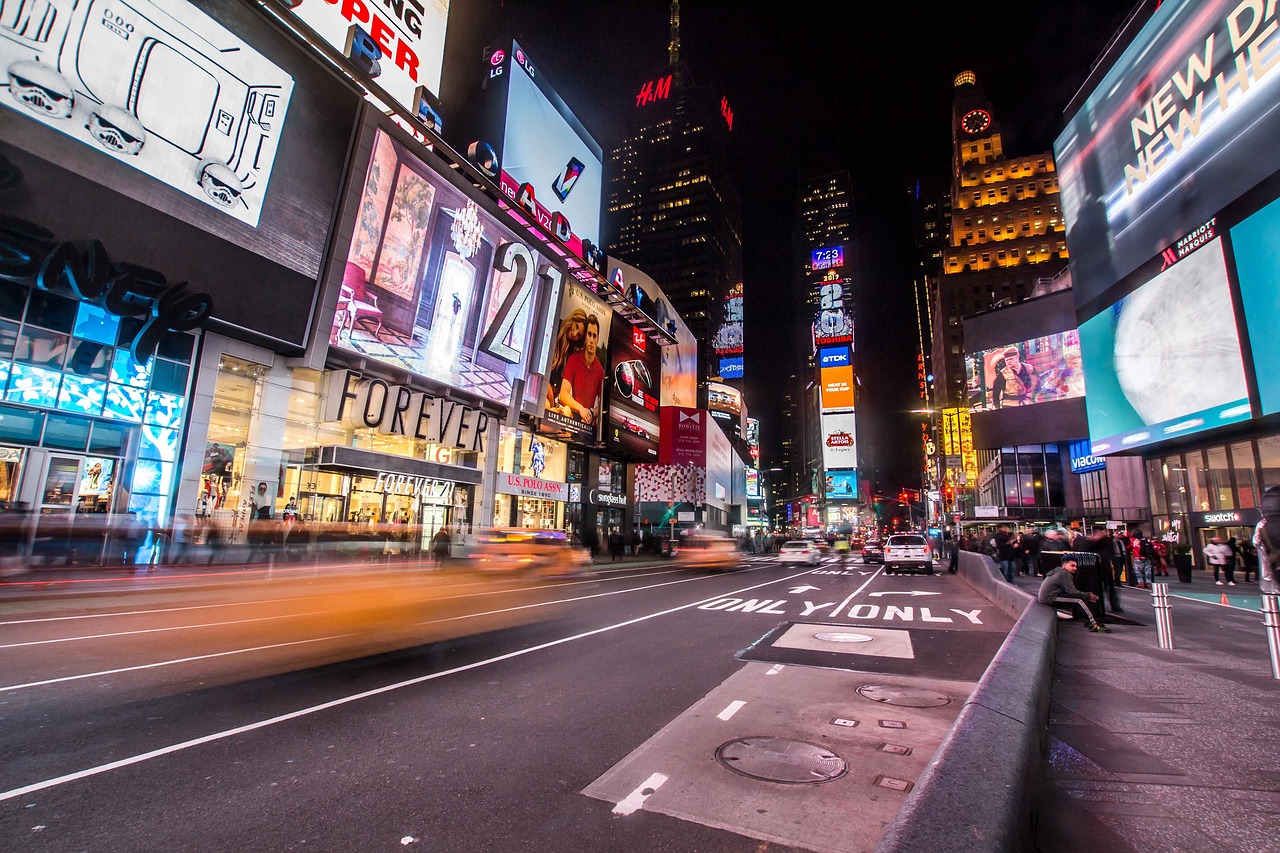
Cannabis legalization in New York has many entrepreneurs looking to capitalize on what will likely become the largest cannabis industry in the country. However, the state’s Cannabis Control Board [CCB] has already announced delays to the cannabis business license process.
Little has been revealed in terms of the application process and regulations, which won’t be released until 2022. However the Marijuana Regulation and Tax Act, which legalized cannabis in New York, outline what cannabis business licenses will be available.
In total, there are nine separate cannabis business licenses for New York. These licenses are:
- Cultivator
- Processor
- Cooperative
- Distributor
- Retail Dispensary
- Microbusiness
- Delivery
- Nursery
- On-site Consumption
New York Cultivator License
A Cultivator license allows everything involved with growing and harvesting cannabis plants for the purpose of sale to licensed processors. However a business with a Cultivator license can also perform minimal processing themself without a processing license.
Additionally a Cultivator licensee can have one Processor license and one Distributor license. Anyone with a Cultivator license cannot have any ownership connection to a cannabis retail dispensary.
New York Cannabis Processor License
A cannabis processing business purchases cannabis from cultivators and finishes production. This includes extraction, infusing, packaging, labeling and branding. A processor can only sell their finished product to a distributor.
However a process can also have a distributor license as long as they company is selling their own products. Just like the Cultivator license, a Processor Licensee cannot have any connection to a cannabis retail dispensary.
New York Cannabis Cooperative License
A cannabis cooperative in New York can cultivate, process and distribute their own cannabis products. Additionally a cooperative can sell to other distributors, on-site consumption businesses, registered organizations and retail dispensaries.
A Cooperative Licensee cannot sell directly to consumers, must have democratically elected leadership consisting of New York state residents and must be registered as an LLC or LLP. As with other New York cannabis business licenses, cooperatives can’t have an ownership connection to a retail dispensary, microbusiness or on-site consumption site.
Anyone who is a member of the co-op is prohibited from having any ownership connection to any recreational cannabis license.
New York Cannabis Distributor License
A Distributor licensee can purchase cannabis products from cultivators, processors, cooperatives, micro-businesses or registered organizations. They can then sell the products to retail dispensaries or consumption sites.
A distributor can’t be tied to any microbusiness, dispensary, consumption site or registered organization.
New York Cannabis Retail Dispensary License
A Retail Dispensary License allows someone to open a retail location which can purchase cannabis products from distributors and sell them to consumers. No one person is allowed more than three retail licenses.
This license includes strict zoning requirements. A retail store must be on ground level in a business district, and cannot be within 500 feet of a school or 200 feet of a religious organization. Any municipalities that want to opt out of allowing retail locations must do so before 2022, and hundreds of counties in the state have opted out already.
New York Cannabis Microbusiness License
A micro-business licensee will be allowed to cultivate, process, distribute, deliver and sell a limited amount of its own cannabis products. The CCB has yet to determine the size, scope, and eligibility criteria for micro-businesses, but they are prioritizing social and economic equity applicants.
Micro-business owners can’t have connections to more than one micro-business or any other type of cannabis business.
New York Cannabis Delivery License
A Cannabis Delivery licensee can deliver cannabis products from a retail store, micro-business or delivery business directly to the consumer. Each delivery business can have up to the equivalent of 25 full-time workers per week.
The CBB will provide more information about the application process, criteria, and scope of licensed activities in 2022. Licensees may not have any ownership connection to more than one delivery business.
New York Cannabis Nursery License
A cannabis nursery owner is permitted to produce clones, immature plants, seeds and other agricultural products used specifically for the cultivation process. The nursery can sell these products to cultivators, co-ops, micro-businesses or registered organizations.
Cultivators may have a nursery license in order to sell products to other cultivators, co-ops or microbusinesses.
New York On-site Consumption License
On-site consumption licensees can purchase cannabis products and sell them to consumers for use in a designated area. Commonly called cannabis lounges or cannabis clubs, these sits will be similar to a hookah bar, but for cannabis.
The legislation outlines several strict regulations about the license application process, the physical site, and how business should be conducted at the site, similarly to retail dispensary locations. Licensees may not have any ownership connection to more than one site or any other type of cannabis business.






